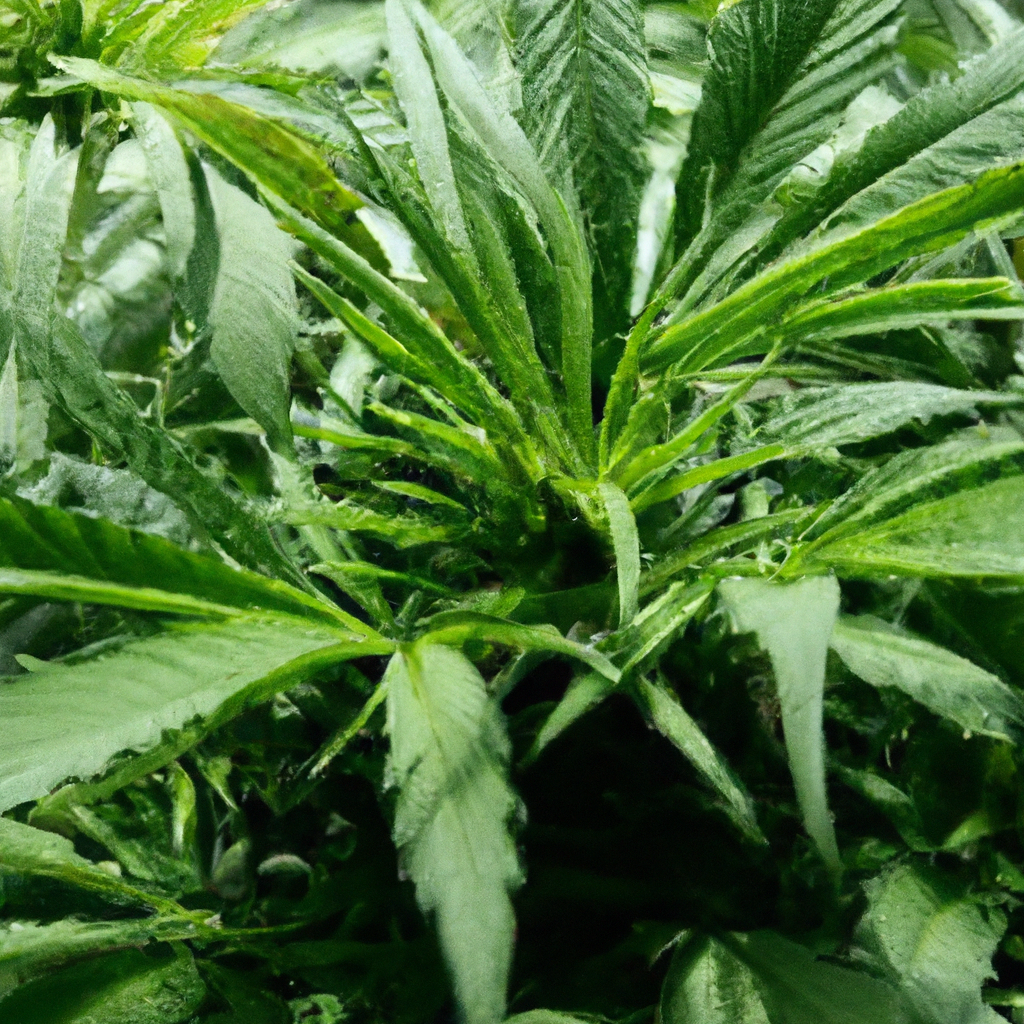Your cart is currently empty!
Growing cannabis organically is more than a cultivation technique; it’s an eco-friendly commitment to fostering a healthy environment and producing cleaner, purer products. By embracing natural methods in organic cannabis cultivation, growers can enhance soil health, reduce their environmental footprint, and produce a superior product for consumers. This article explores effective strategies for organic cannabis cultivation and the benefits they bring.
Building Healthy Soil Ecosystems
The foundation of organic cannabis cultivation lies in building and maintaining a healthy soil ecosystem. This involves integrating natural soil amendments that enhance the soil’s fertility and microbial life. Here’s how you can achieve this:
- Composting: Utilize kitchen scraps, plant material, and organic matter to create compost. This natural fertilizer enriches soil with essential nutrients and microbes.
- Mulching: Cover soil with organic mulch to retain moisture, regulate temperature, and suppress weeds, thereby creating a conducive environment for beneficial organisms.
- Companion Planting: Introduce plants that foster beneficial insects, repel pests, or enhance nutrient availability, promoting biodiversity in your growing area.
Avoiding Synthetic Chemicals
A key aspect of organic growing is the avoidance of synthetic chemicals, which can negatively impact both the environment and the quality of your cannabis. Consider these natural alternatives:
- Natural Fertilizers: Use animal manure, bone meal, or vermicompost to provide nutrients without introducing harmful chemicals.
- Organic Pest Control: Deploy neem oil, insecticidal soap, or diatomaceous earth as effective solutions against pests without compromising your crop’s organic status.
Promoting Sustainability
Organic cannabis growing practices can significantly enhance sustainability in cultivation operations:
- Water Conservation: Implement drip irrigation or rainwater harvesting systems to minimize water usage and preserve natural supplies.
- Renewable Energy: Power your operation with solar or wind energy to reduce your carbon footprint.
- Crop Rotation: Alternating crops helps reduce soil fatigue and pest buildup, promoting long-term soil health.
Benefits of Organic Cannabis
Switching to organic cultivation methods comes with numerous benefits:
- Environmental Impact: By reducing pollutants and conserving natural resources, organic cannabis cultivation protects ecosystems and promotes biodiversity.
- Consumer Health: Organic cannabis is free from synthetic chemicals, providing a cleaner, safer product for consumers.
- Quality: Organic methods often result in cannabis with richer terpene profiles and more robust flavors.
Conclusion
Organic cannabis cultivation is a harmonious blend of traditional farming wisdom and modern environmental stewardship. By focusing on building healthy soil, avoiding synthetic chemicals, and promoting sustainability, growers can produce high-quality cannabis that benefits both the environment and the consumer.
Adopting these techniques not only enhances the quality of cannabis but also contributes to a healthier planet, ensuring that the practice of cannabis growing remains sustainable for future generations.
Tags: OrganicGrowing, NaturalCultivation, Compost, PestControl, Sustainability
Discover more from Magic Clones
Subscribe to get the latest posts sent to your email.


Leave a Reply